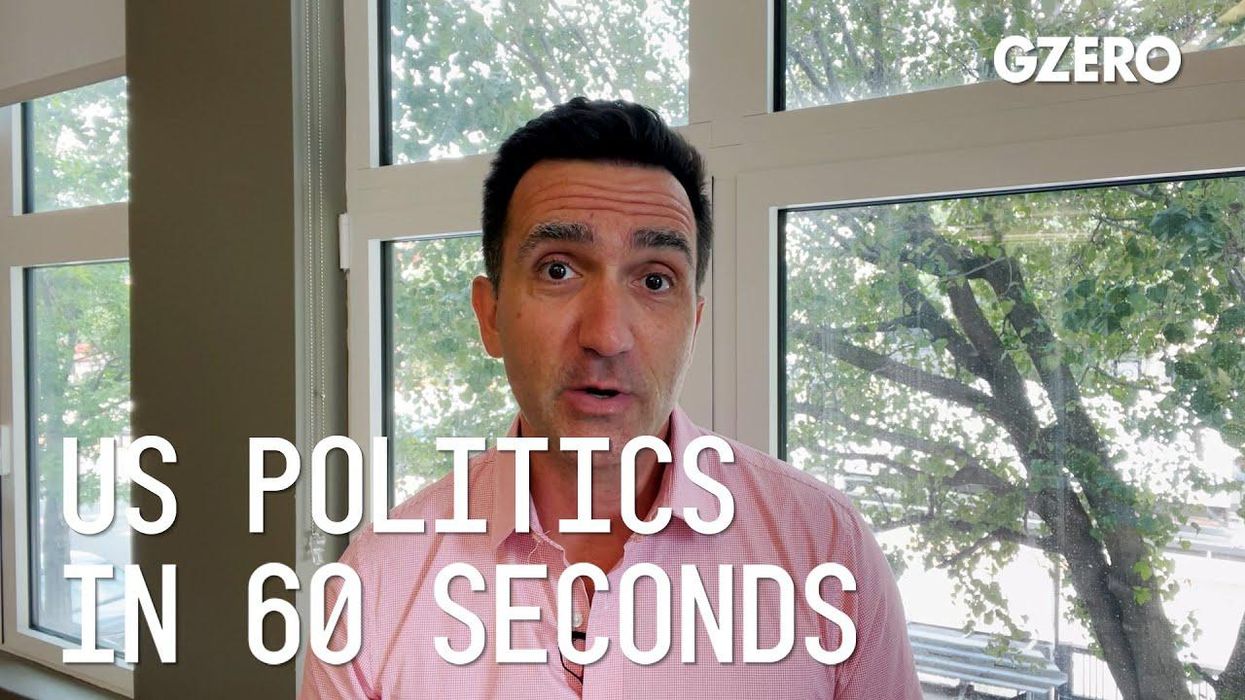US Politics In 60 Seconds
Democrats need to be united to pass $3.5 trillion budget plan
What are the details of the Democrats' proposed $3.5 trillion budget blueprint? Get insights on the latest news in US politics from Jon Lieber, head of Eurasia Group's coverage of political and policy developments in Washington.
Jul 14, 2021

